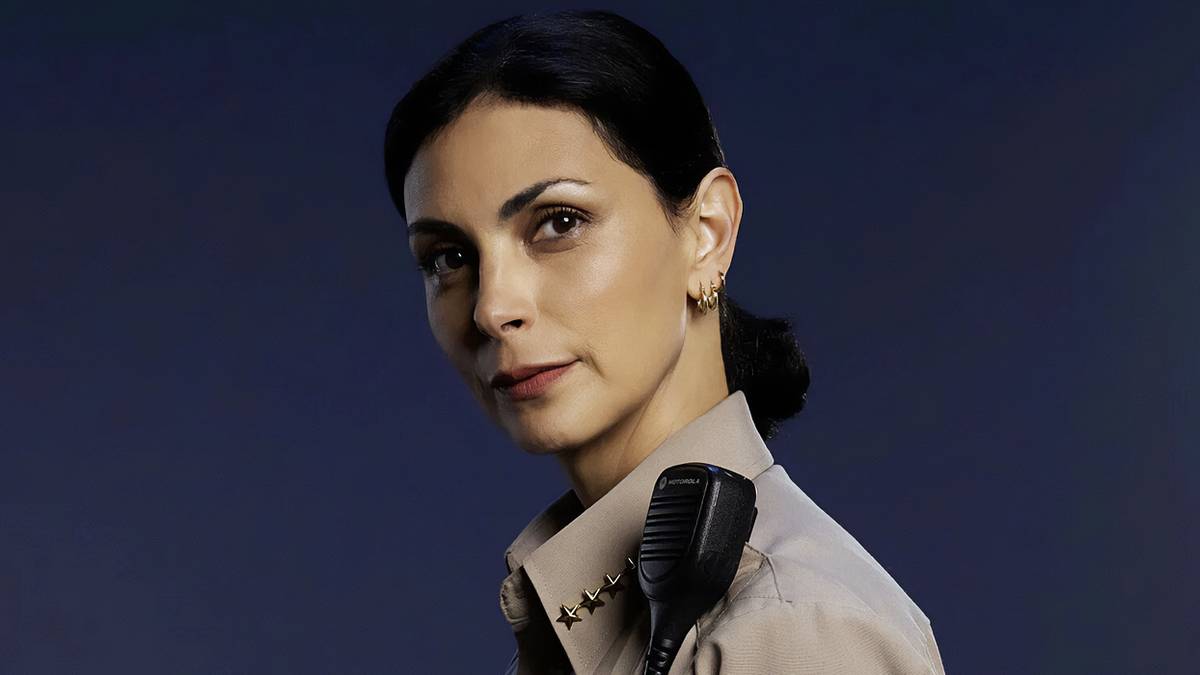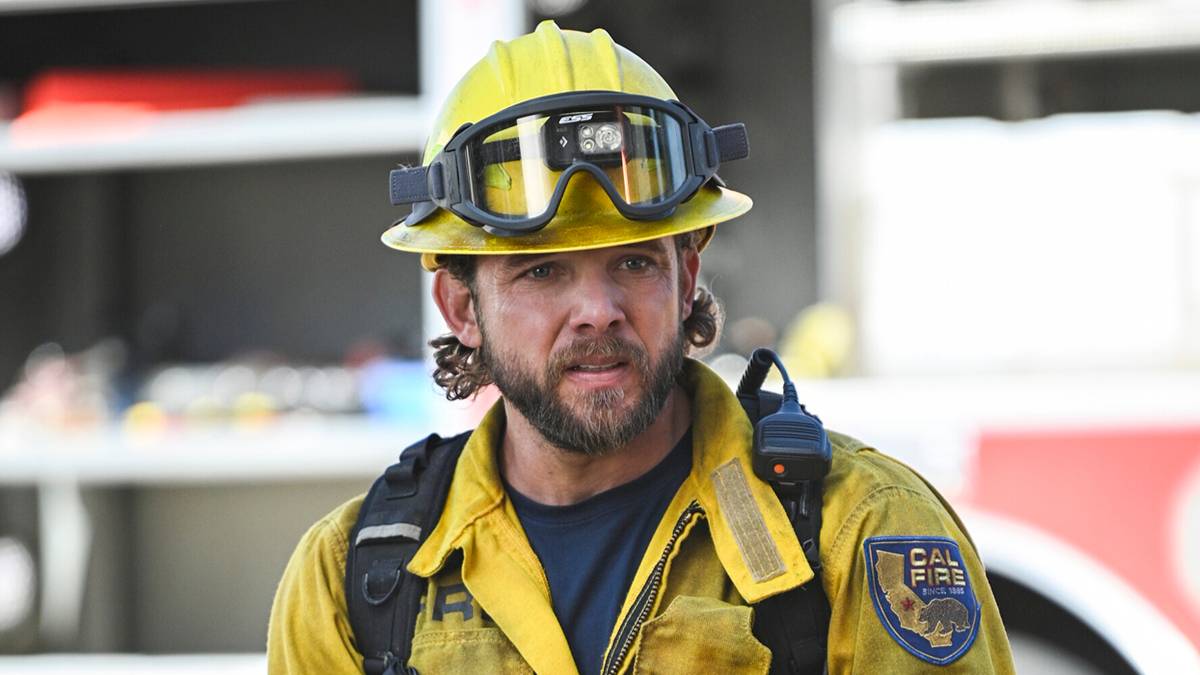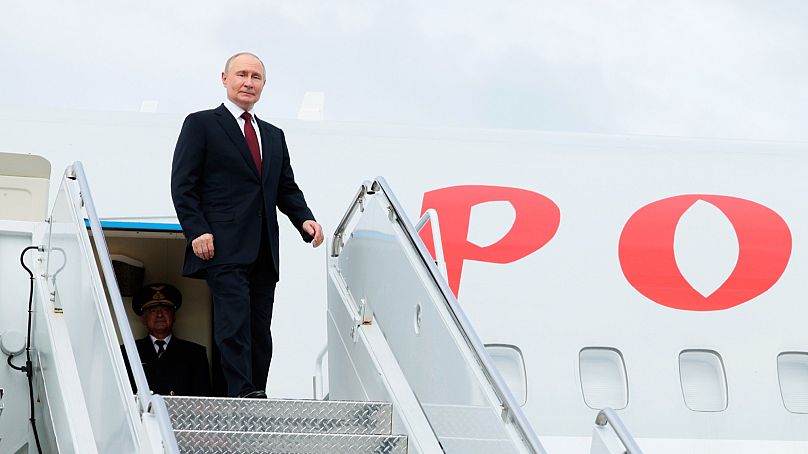Fiery NYC Mayoral Debate: Mamdani & Cuomo Clash for City's Future

New York City's highly anticipated mayoral race saw its first televised debate on a Thursday night, less than three weeks before early voting was set to commence. The two-hour event featured Democratic nominee Zohran Mamdani, who emerged as the front-runner after a decisive victory over Andrew M. Cuomo in the Democratic primary, independent candidate and former governor Andrew Cuomo, and Republican nominee Curtis Sliwa, founder of the Guardian Angels. The debate, a requirement for candidates receiving public matching funds, marked a significant face-off in a contest that has captivated the city.
The candidates engaged in fierce exchanges over a wide array of local and national issues, including how to address President Donald Trump’s policies concerning New York, strategies to combat crime, methods for policing protests, qualifications for the mayoral office, and critical city matters such as affordability, housing, education, Israel, and attracting businesses. With Mamdani consistently leading in recent polls, including a Fox News poll showing him cracking 50% support, the stakes for the city’s future were evident.
A central theme of the debate was the stark contrast between experience and integrity, primarily highlighted in the exchanges between Mamdani and Cuomo. Zohran Mamdani, a 33-year-old state assemblyman from Astoria, Queens, with five years of experience in the New York State Assembly, presented himself as a democratic socialist rooted in the city’s everyday struggles. He fiercely challenged Cuomo, stating, "What I don't have in experience, I make up for in integrity. And what you don't have in integrity, you could never make up for in experience." Mamdani championed affordability, advocating for increased taxes on wealthy New Yorkers, freezing rent increases on rent-stabilized apartments, and building more housing. He also pointed out Cuomo’s initial omission of "affordability" from his debate discussion, a critical issue for many New Yorkers.
Andrew Cuomo, embarking on a political comeback attempt after resigning as governor in 2021 amid sexual harassment allegations, vigorously defended his record and emphasized his extensive executive experience. He painted Mamdani as an "inexperienced newbie" with "pie-in-the-sky policy proposals" and a "dangerous worldview," asserting that "This is no job for on-the-job training." Cuomo also argued that Mamdani’s election would empower Donald Trump to "take over New York City." During the debate, Cuomo was pressed on the allegations that led to his resignation and his handling of nursing home deaths during the COVID-19 pandemic, which he denied and defended.
Curtis Sliwa, the Republican nominee, positioned himself as an outsider, proudly stating, "Thank God I’m not a professional politician." Despite his lack of government experience, Sliwa pledged to hire the "best bureaucrats" to run the city. He did not shy away from criticizing both opponents, mocking Cuomo for losing the Democratic primary and hitting Mamdani for his support of looser bail laws and other left-leaning policies. Sliwa also joined Mamdani in citing Cuomo's past allegations.
The candidates held differing views on how to engage with former President Donald Trump. Sliwa expressed the most willingness to negotiate, stating, "what I would do is sit and negotiate" to prevent the loss of desperately needed federal funds. Cuomo claimed he had worked with and "beaten Trump in the past" and would do so again. Mamdani indicated willingness to cooperate with Trump on making New York City more affordable, a core pillar of his campaign, but drew a firm line at deportations or sending National Guard troops into the city, stating the city needs "leadership that will stand up to" Trump. All three candidates, however, unequivocally opposed Trump’s use of the National Guard in New York City.
Policing and public safety were contentious topics. Mamdani, while having apologized for past comments calling the NYPD "racist" and advocating for defunding, now stated he no longer believed in defunding the department. Instead, he proposed a department of community safety that would dispatch dedicated mental health teams to handle relevant 911 calls. Cuomo pledged to hire 5,000 more officers, assign 1,500 to the subways, and raise starting salaries, while also working on community-police relations. Sliwa called for an even larger force, aiming to hire 7,000 officers and reinstate qualified immunity. On police discipline, Mamdani would defer to the Civilian Complaint Review Board, while Cuomo would retain the police commissioner as the final arbiter.
Other significant issues discussed included education, with Mamdani opposing mayoral control of schools and Cuomo supporting it. The ongoing conflict in Israel and Gaza also led to heated exchanges. Mamdani, known for his criticism of the Israeli government and support for Palestinian rights, called for a ceasefire, stating, "A ceasefire means ceasing fire. That means all parties have to cease fire and put down their weapons." He emphasized his goal as the first Muslim mayor to bring all New Yorkers together. Cuomo accused Mamdani of refusing to "denounce Hamas" and speaking in "code," leading Mamdani to retort by calling Cuomo Benjamin Netanyahu’s "legal defense team." Both Sliwa and Cuomo praised Trump’s role in brokering the ceasefire deal. Regarding the migrant crisis, Cuomo criticized the state for concentrating tens of thousands of foreign migrants in New York City, suggesting they should have been dispersed across the state.
Lighter moments punctuated the debate, such as when candidates were asked about their weekly grocery spending: Cuomo claimed $150, Sliwa $175, and Mamdani between $125 and $150. As early voting was scheduled to begin on October 25th, leading up to Election Day on November 4th, the debate offered voters a clear look at the diverse visions for New York City's future from its three leading candidates.
You may also like...
Embiid's Back! 76ers Star Returns After Nearly 8-Month Absence

Joel Embiid made a triumphant return to the court for the Philadelphia 76ers after an eight-month absence due to knee su...
Vegas Takes Over! Aces Crowned WNBA Champs, Parade Lights Up The Strip

The Las Vegas Aces celebrated their third WNBA championship in four years with a spectacular parade down the iconic Las ...
Shockwave in Hollywood: ‘9-1-1’ Actor Loses Landmark COVID Vaccine Lawsuit Against Disney!

"9-1-1" actor Rockmond Dunbar's lawsuit against Disney-owned 20th Television, alleging religious discrimination over COV...
Aged 99, Sir David Attenborough Smashes Emmy Record, Becomes Oldest Winner Ever!

Sir David Attenborough has become the oldest ever Daytime Emmy winner at 99, taking home the award for Outstanding Dayti...
Gucci Mane Reveals Past Peacemaking with Drake and Young Thug!

Gucci Mane reflects on his journey in rap, sharing how he apologized to Drake for a past Twitter tirade and extended for...
Country Legend Waylon Jennings' Lost Track 'Songbird' Dominates Billboard Charts!

"Songbird," a new collection of previously unheard recordings from Waylon Jennings, has earned the late country icon his...
Morena Baccarin Unpacks 'Sheriff Country' Character Mickey's Controversial Moral Code

In the new CBS series 'Sheriff Country,' Morena Baccarin stars as Sheriff Mickey Fox, a seasoned law enforcement officer...
Fire Country Shocker: Showrunner Breaks Silence on Season 4 Premiere Death and Wild Future

Season 4 of 'Fire Country' sees Edgewater and Station 42 grapple with the monumental death of Vince Leone, impacting Bod...




